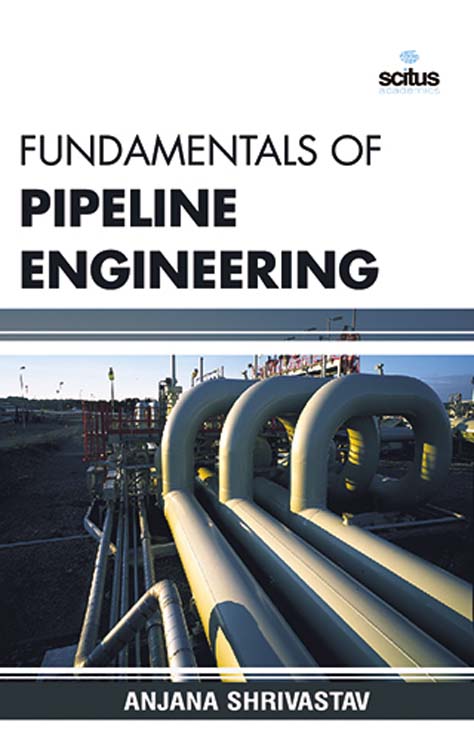Pipelines perform vital functions. They serve as arteries, bringing life-dependent supplies such as water, petroleum products, and natural gas to consumers through a dense underground network of transmission and distribution lines. They also serve as veins, transporting life-threatening waste (sewage) generated by households and industries to waste treatment plants for processing via a dense network of sewers. Because most pipelines are buried underground or underwater, they are out of sight and out of mind of the general public. The public pays little attention to pipelines unless and until a water main leaks, a sewer is clogged, or a natural gas pipeline causes an accident. However, as our highways and streets become increasingly congested with automobiles, and as the technology of freight pipelines continues to improve, the public is beginning to realize the need to reduce the use of trucks and to shift more freight transport to underground pipelines.
Pipeline engineering requires an understanding of a wide range of topics. Operators must take into account numerous pipeline codes and standards, calculation approaches, and reference materials in order to make accurate and informed decisions. Pipeline Engineering provides concise, easy-to-use, and accessible information on onshore and offshore pipeline engineering. Topics covered include: design; construction; testing; operation and maintenance; and decommissioning.













